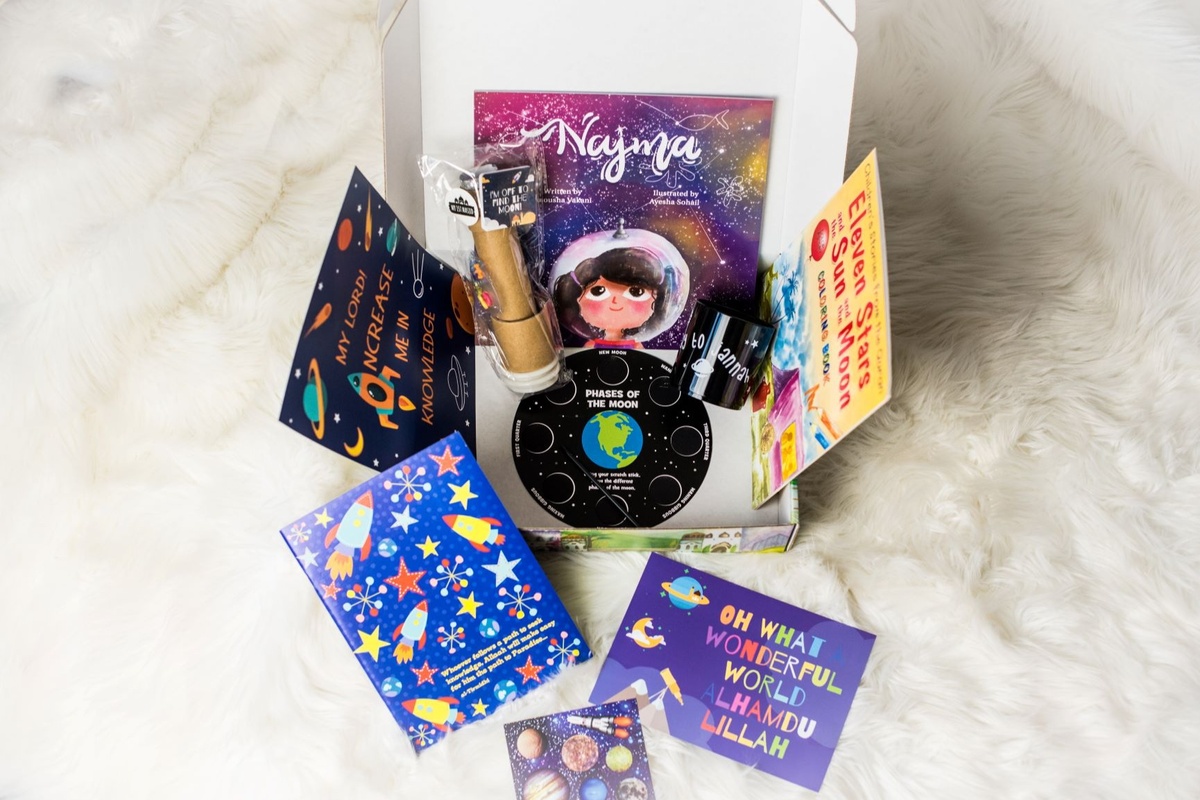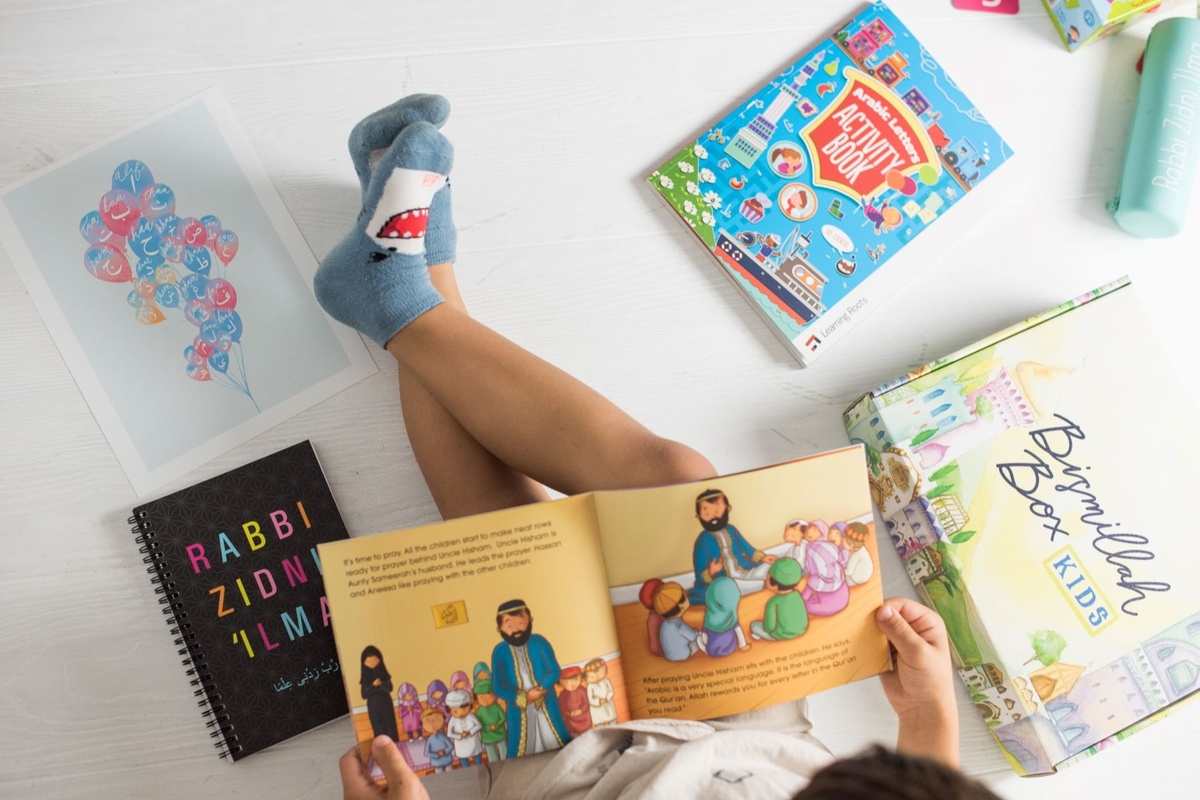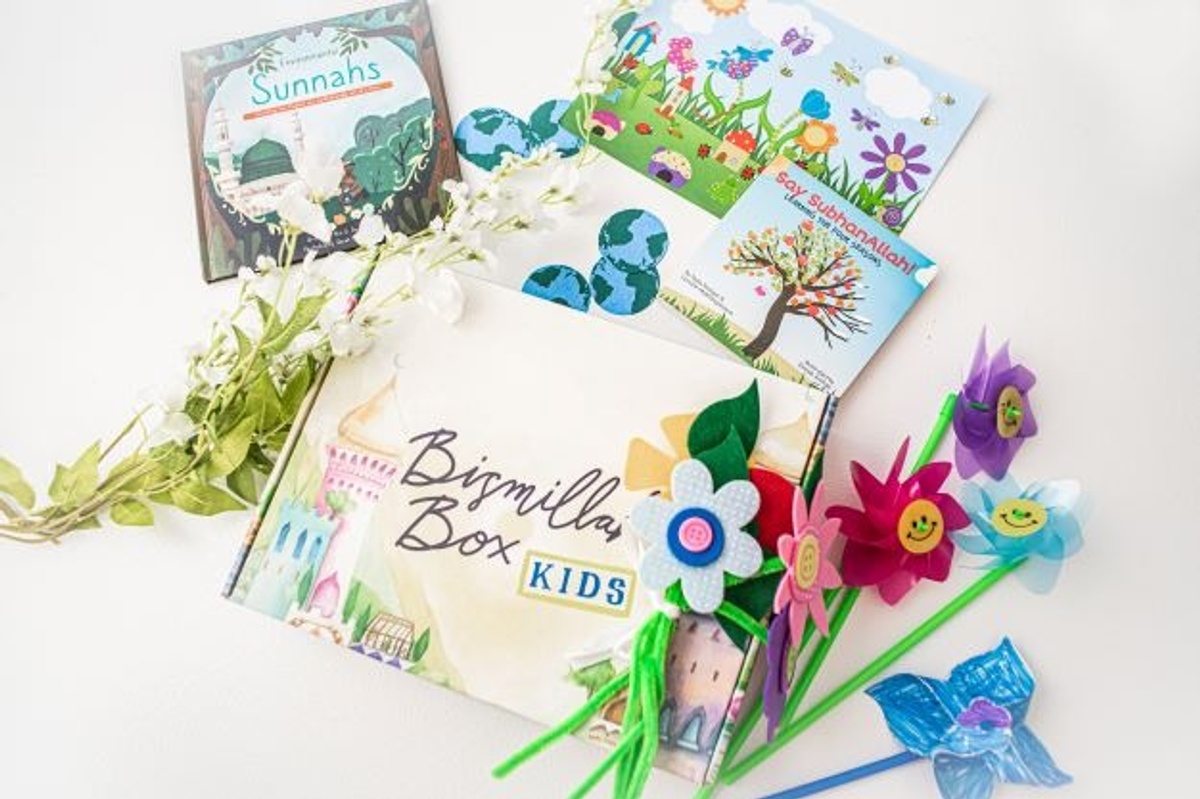How To Say "Happy Ramadan!"
Updated by Sydney Bollinger
You’ve probably read about Ramadan before, but perhaps don’t know much about it other than the fasting that occurs during these holy days or the festivities that commemorate Ramadan’s end. In 2023, Ramadan begins on Thursday, March 23, so you have plenty of time to brush up on your knowledge in order to greet your Muslim friends and neighbors with joy during this special time.
Ramadan happens every year during the ninth month of the Islamic calendar. The Islamic calendar follows lunar cycles, which is why the dates of Ramadan change year-to-year. This month is an important observance to Muslims, with over a billion individuals celebrating worldwide. Throughout the month, people of Islamic faith fast from sunrise to sunset, which, like in many religious traditions, has spiritual benefits and brings people closer to God (known as Allah in Arabic).
What is Ramadan?
For Muslims, Ramadan is a sacred month because it is said that God revealed the Quran to Muhammad, the Muslim prophet who founded Islam, during this time.

Fasting during the month of Ramadan
Fasting is central to Ramadan, with Muslims fasting from sunrise to sunset. Throughout the month, people of Islamic faith dedicate themselves to spiritual reflection and worship . This can look like extra prayer, Quran study, and doing acts of service for the community.
The fasting also gives Muslims compassion for those in need as they go without food during daylight hours. The increased generosity and charity that happens during Ramadan often leads to work feeding those who are food insecure.
It’s not just a fast from food, either. During the month of Ramadan, Muslims must also fast from all liquids, smoking, sexual activity, and even medication . Some people of the Islamic faith choose to fast from other things as well like gossip, jealousy, TV, and music. For these additional fasts, it is up to each individual person to decide what would be best for their spiritual development during the holy month.
It’s important to take the fasting seriously and not break the fast for any reason—unless you are excluded. Exclusions occur for a variety of reasons including having a chronic illness, being elderly, breastfeeding, diabetes, or menstruating. Young Muslim children are also not required to fast.

Ramadan traditions
While Muslims cannot eat from sunrise to sunset, the dark hours of the day are reserved for eating, prayer, and communing with friends and family.
At sunset, Muslims break their fast for the day by eating dates and drinking water, which is how Muhammad often broke his fasts. Following breaking the fast—known as “iftar”—it is time for evening prayers. Many Muslims will do their evening prayers at the local mosque.
Following evening prayers, families and friends will gather together for a larger meal. Then, at sunrise, they have “suhoor,” the last meal until the next iftar. Sunrise is also a time for prayer.
How to say “Happy Ramadan!”
Even if you don’t celebrate Ramadan, you might want to be able to say “Happy Ramadan!” to a friend or colleague who is observing the holy month. There are a couple of ** different ways to greet someone during Ramadan. **
One of the most common methods to wish someone well during Ramadan is to say “Ramadan Mubarak” which translates to “Blessed Ramadan” or “Ramadan Kareem” which translates to “Generous Ramadan” in English.
Either greeting would be perfect to say to your Muslim family member, friend, or colleague. You can also add something a little special wishing them good blessings for themselves and their family.

What is Eid?
Eid al-Fitr is celebrated toward the end of the Ramadan holiday and is sometimes called the “Festival of Sweets” thanks to the tradition of consuming sugary cakes, cookies, and biscuits during the festivities. While local or regional customs may differ, this holiday is a huge celebration for Muslim communities from Jordan, to Sudan, to Kyrgyzstan, to the United States as they take part in special prayers, eat delicious meals, and dress up for the occasion. God is always at the center of this celebration, and Muslims will take the time to give thanks to God (Allah) for their blessings.
Presents are also given out on Eid, with many children excited to receive new things, like brightly colored clothes, and money. Great gifts for kids include books—like the ** Bismallah Kids Box **—as well as electronics and toys.
Wishing someone “Happy Eid!” is just as easy as wishing them well for Ramadan, with the most common greeting during this holiday being “Eid Mubarak”—which means “blessed festival”—and is a simple way to show excitement and appreciation for the important feast days.














